Health And Medicine
-

Study finds mutation in melanoma sensitive to drug
An uncommon mutation of the BRAF gene in melanoma patients has been found to respond to a specific drug therapy, providing a rationale for routine screening and therapy in melanoma patients who harbor the BRAF L597 mutation. Read MoreJul 26, 2012
-
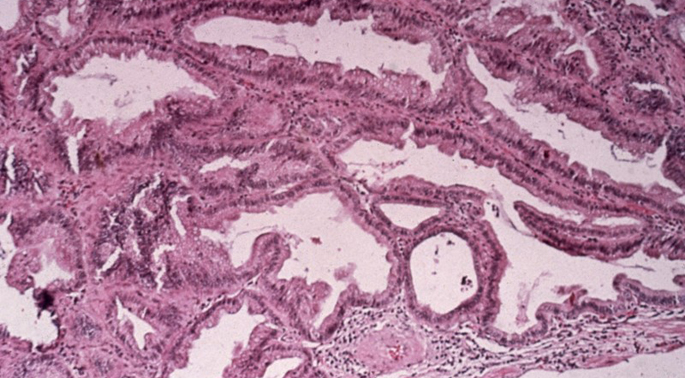
On the hunt for bladder cancer factors
A protein linked to aggressive bladder cancers could point to new strategies for treatment or prevention. Read MoreJul 26, 2012
-
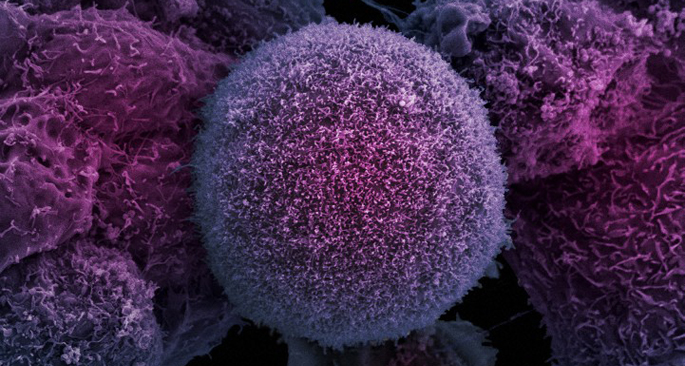
Proteins guard against cancer spread
Targeting immune system proteins may keep prostate cancer from spreading to bone. Read MoreJul 24, 2012
-

High consumption of vitamin E may lower liver cancer risk
iStock High consumption of vitamin E either from diet or vitamin supplements may lower the risk of liver cancer, according to a study published July 17 in the Journal of the National Cancer Institute. The study was conducted by investigators from the Shanghai Cancer Institute,… Read MoreJul 20, 2012
-

VU to map gaps in physician coverage across nation
Vanderbilt researchers have been selected to receive a national grant as part of a push to gauge the coming impact of the Affordable Care Act (ACA). Read MoreJul 19, 2012
-

Study tracks medication-related problems after hospital discharge
As more and better treatments are developed for heart disease, it is becoming more difficult to safely manage care as patients return home from the hospital. A new study led by Vanderbilt researchers highlights growing concern that the period after hospital discharge is a risky time, especially for cardiac patients. Read MoreJul 19, 2012
-
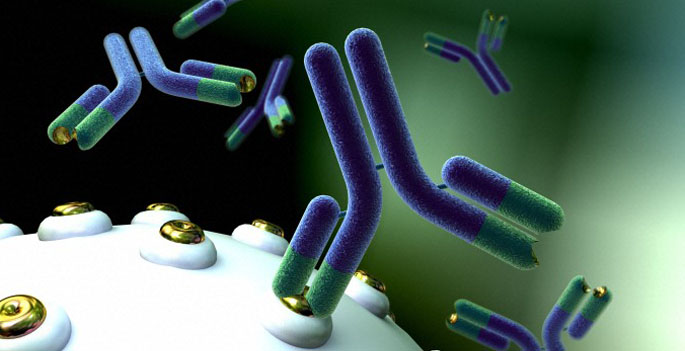
Long antibodies better against HIV
Understanding how antibodies with long “loops” form may be important for HIV vaccine development. Read MoreJul 19, 2012
-

Insights for neuroscience drug discovery
When discovering drugs for brain disorders, it’s important to test the candidates in multiple ways to avoid advancing those with restricted physiological effects. Read MoreJul 17, 2012
-
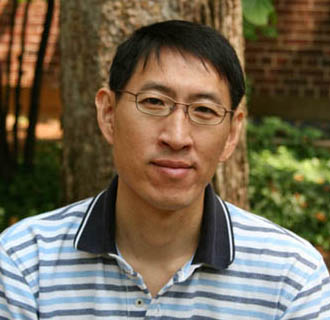
Childhood cancer investigator lands ‘Lemonade Stand’ grant
Chin Chiang, Ph.D., professor of Cell and Developmental Biology and member of the Vanderbilt-Ingram Cancer Center faculty, has been awarded a $200,000 grant to study an aggressive form of childhood cancer. Read MoreJul 12, 2012
-

VU leading international trial of new stroke therapy
Researchers at Vanderbilt University Medical Center are leading an international clinical trial to examine the functional benefits of a combined therapy to treat acute ischemic stroke. Read MoreJul 12, 2012
-
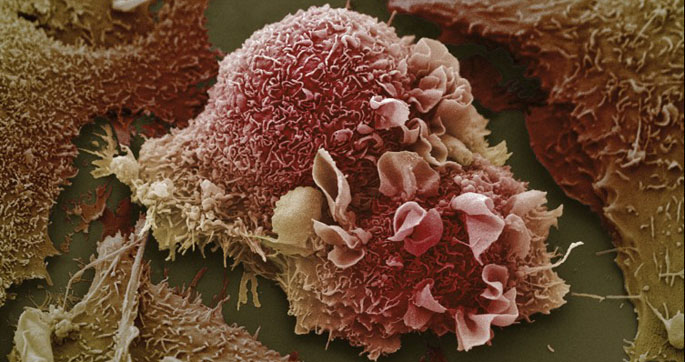
New cancer drug shows promise in early testing
An experimental drug that activates T-cells and promotes an immune response to fight tumors has shown promising early results in patients with kidney cancer, melanoma and non-small cell lung cancer. Leora Horn, M.D. Vanderbilt-Ingram Cancer Center investigators Leora Horn, M.D., Jeffrey Sosman, M.D., and researchers from several other cancer… Read MoreJul 12, 2012
-

Gene’s impact on ‘good’ cholesterol could affect heart disease risk
A genetic variant may help keep an individual’s “good” cholesterol in check. Read MoreJul 12, 2012
-
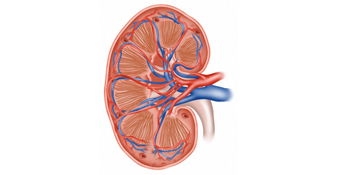
Obesity linked to kidney problems after heart surgery
Obesity increases the risk of acute kidney injury following cardiac surgery, according to a Vanderbilt study published in the Journal of the American Society of Nephrology. Read MoreJul 3, 2012
-

Receptor’s role in nutrition brain circuitry
New findings point to brain circuitry that communicates about the body’s nutritional status and regulates how nutrients are mobilized. Read MoreJul 3, 2012
-

Report shows Vanderbilt achieving low rates of central line infections
Intensive care units at Vanderbilt University Hospital and the Monroe Carell Jr. Children’s Hospital at Vanderbilt are achieving exceptionally low rates of central line-associated blood stream infection (CLABSI), according to a report released this week by the Tennessee Department of Health. Read MoreJun 28, 2012
-

Low oxygen could protect sick kidneys
Low oxygen – and the activation of factors that respond to this situation – may be protective in chronic kidney disease. Read MoreJun 28, 2012
-

Spelling out HIV risk in urban China
Research reveals clues to HIV risk in Chinese men who have sex with other men. Read MoreJun 27, 2012
-
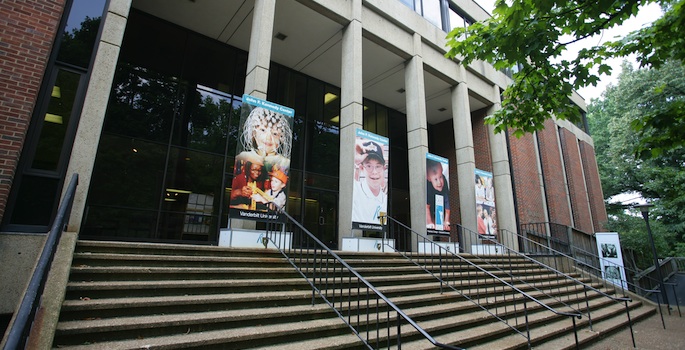
Grant bolsters VU autism training for Tennessee educators
A grant from the Tennessee Department of Education will allow the Vanderbilt Kennedy Center’s Treatment and Research Institute for Autism Spectrum Disorders to conduct statewide autism training for Tennessee's schools. Read MoreJun 25, 2012
-

Kids’ cells okay after mom’s cancer radiation
Study finds no evidence of increased mitochondrial mutations in the children of women treated with radiation for cancer. Read MoreJun 22, 2012
-
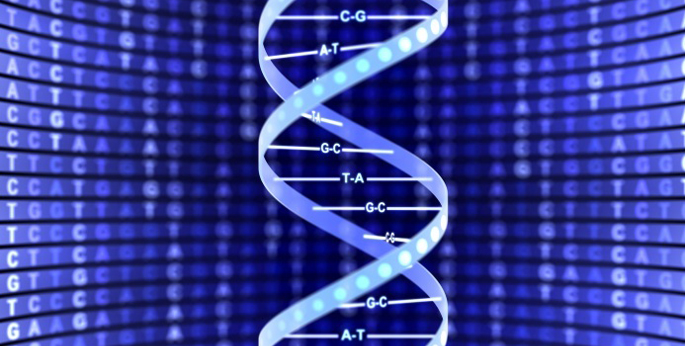
Gene database to aid disease research
A new catalog of human genetic data may help researchers uncover the genetic roots of disease and enable the ultimate realization of personalized medicine. Read MoreJun 19, 2012